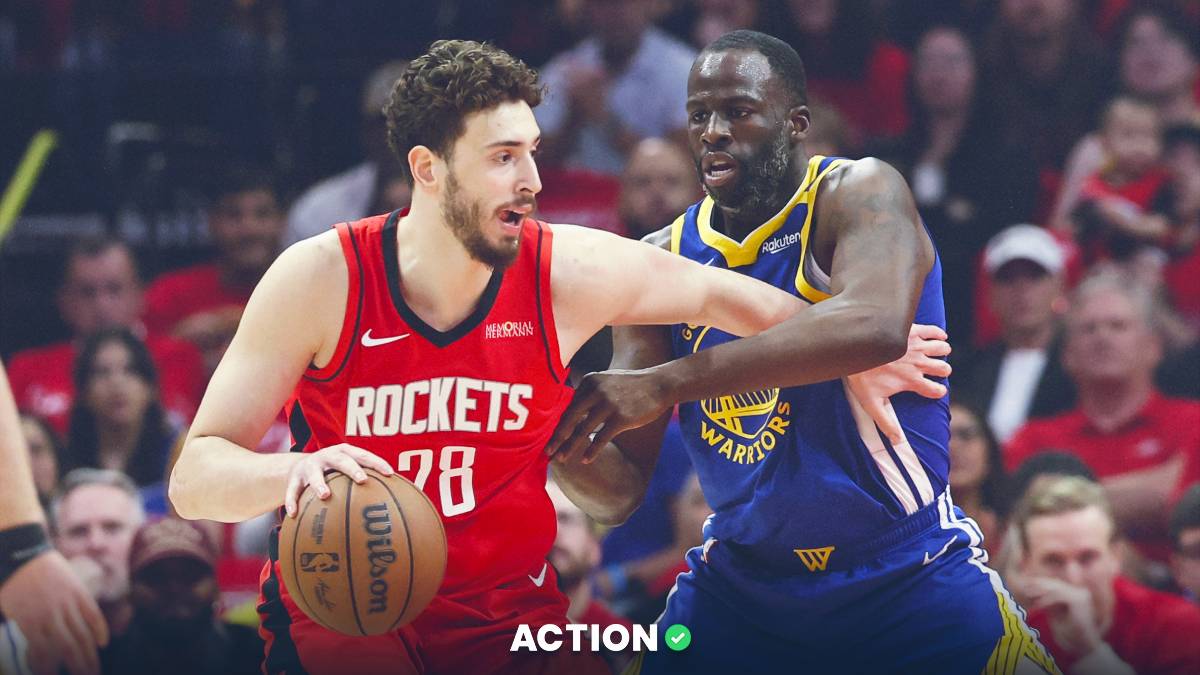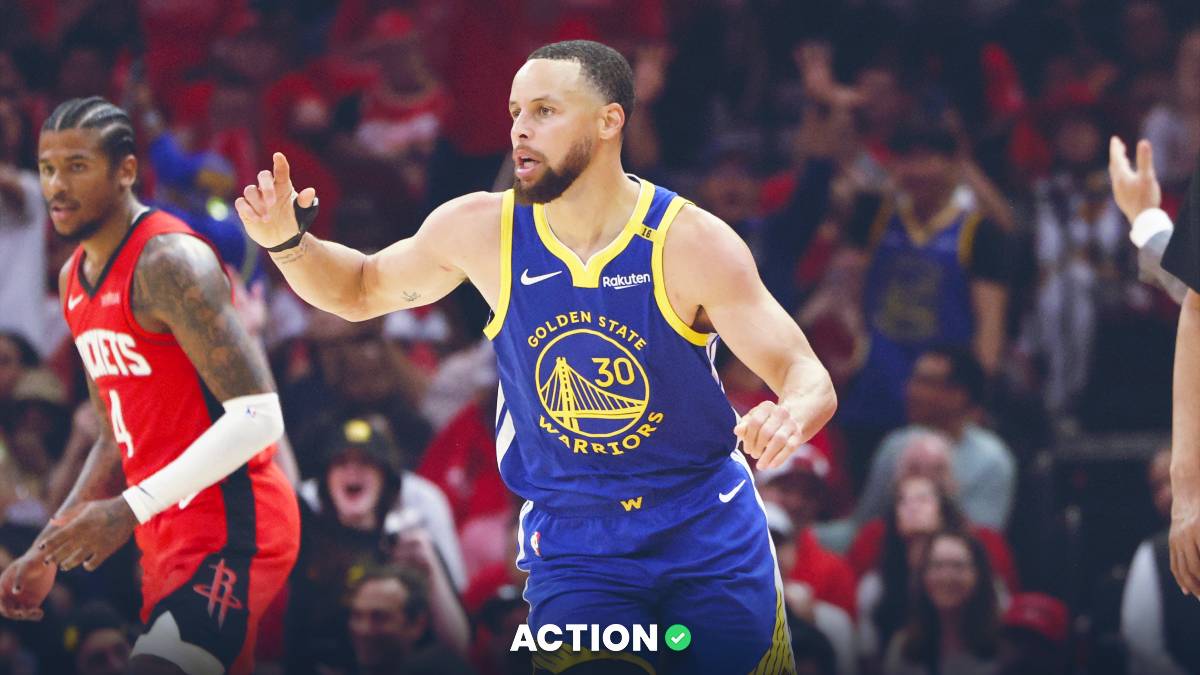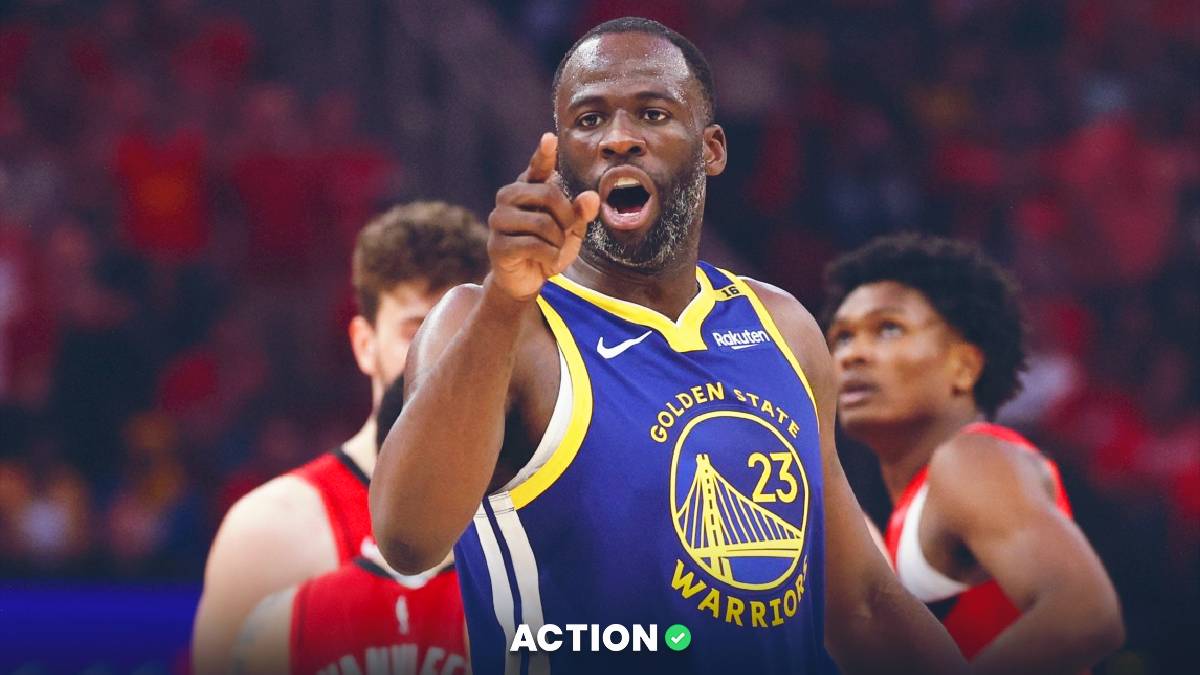The Golden State Warriors are making a fifth consecutive trip to the NBA Finals after sweeping the Portland Trail Blazers over a week ago. Between their Game 4 win over the Blazers and Game 1 of the NBA Finals, the Warriors will have had 10 days of rest between games.
That rest was sorely needed as Kevin Durant, DeMarcus Cousins and Andre Iguodala are dealing with injuries, but rust could certainly become an issue. Without steady action the shooters could get out of rhythm, causing the top-scoring offense this postseason (117.3 ppg) to stagnate.
According to Bet Labs, playoff teams with four or more days between games have gone 164-155-1 (51.4%) against the spread (ATS) since 2005. That isn’t much of an edge.
But we know that rest is important, especially in the playoffs after teams have already played an 82-game schedule. If this is true, which teams would benefit the most from additional days off?
There is a sharp home-road split among well-rested squads:
Well-rested (at least four days between games) home teams have covered the spread more than 60% of the time since 2005. Why do home teams benefit more from extra rest?
One theory is that even with additional days off, travel can disrupt a team’s routine and there is no substitute for sleeping in your own bed. While home court is often overrated, that could be negated when the road team is coming off an impressive win in its previous series, which led to additional days between games.
Plus, well-rested home teams are often great squads. Long breaks in the playoffs are usually the result of a sweep and a great team is more likely to sweep than an average or poor one.
Rested home teams have consistently exceeded the oddsmakers' expectations in the playoffs. With home-court advantage, well-rested teams have been profitable in 12 of the past 15 seasons. A $100 bettor following this strategy has returned a profit of $3,964 since 2005.
Road Warriors
Golden State will have the rest advantage entering Game 1 of the Finals, but the Raptors will have home court as they finished the regular season with a better record than the Warriors.
History suggests that being well-rested won't be much of an advantage for the Warriors when it comes to covering the spread. Despite being a historically great team, Kerr's squad is no exception.
With four or more days between playoff games, the Warriors have gone 10-9 ATS under Kerr. Golden State has gone 8-5 ATS at home and 2-4 ATS on the road.
The Raptors, who closed out their series in six games, had four days of rest before Game 1. Since 2005, when both teams have had four or more days between games, the home team is an impressive 83-47 (63.8%) ATS.
This doesn't mean the Warriors won't cover in series opener, but with home court (and potentially extra days rest) the Raptors should have a slight edge.



















































